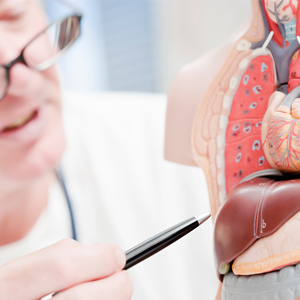
Your liver plays an important role in keeping your body functioning – in fact, it performs more than 500 functions that involve processing everything you eat and drink. It’s also the largest organ in your body and weighs around 1.4kg.
You need to keep your liver healthy and functioning because without it, you cannot live. Here are seven ways to look after your liver.
1. Practice safe sex
There are five main types of the hepatitis virus – A, B, C, D and E. Types A, B and C are the most serious forms as they can cause long-term liver damage. Hepatitis B and C can be transmitted through unprotected sex or having sex with multiple partners.
Hepatitis B is also transmitted through sharing needles or syringes, direct contact with the blood of an infected person, or a mother can pass the virus onto her baby during birth.
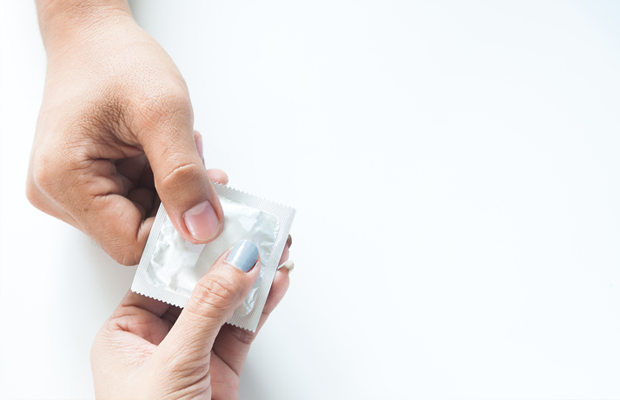
2. Manage your medication
Most drugs are broken down in the liver after being metabolised by your digestive system. That means you can damage your liver if you use medication incorrectly – for example, when you take more than the prescribed dose, you use the wrong kind or you mix different types.
If you are unsure about whether the medication you are taking may cause liver damage, speak to your doctor or chemist. Always follow the instructions – from how to take it to when to take it, and how much to take at a time.

3. Follow a balanced diet
It’s also important to watch what you eat. “While nearly every cell in the body is able to metabolise glucose, only the liver cells can handle fructose,” says Dr Sherwood of the Functional Medicine Institute in Tulsa, Oklahoma. “If we consume too much fructose over time, the liver can become overwhelmed and suffer irreparable damage.” Limit foods that are high in refined sugars and high-fructose corn syrup, such as soft drinks, baked goods and sweets. Stick to natural sources of sugar (fruit for example) instead.
The Liver Foundation suggests avoiding high-kilojoule meals, saturated fat and refined carbs (white bread, white rice and regular pasta, for example). Make sure you get enough fibre, too, from fresh fruits, vegetables, whole-grain breads, rice and cereals.
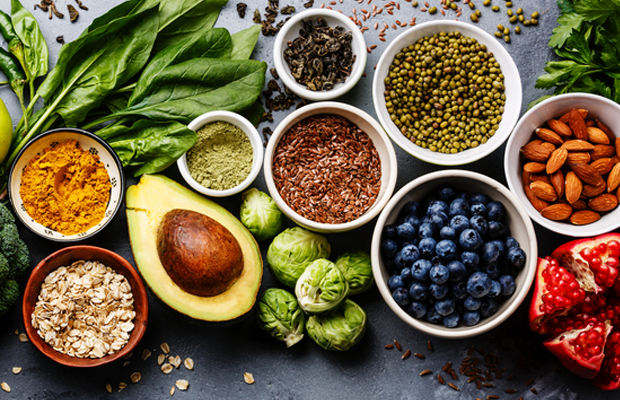
4. Maintain a healthy weight
Alcohol is not the only thing that can cause fatty liver disease – obesity (or even just being overweight) puts you at risk of developing non-alcoholic fatty liver disease (NAFLD).
People who have NAFLD are at an increased risk of suffering from cardiovascular problems; they also typically have diabetes and high cholesterol. During the early stages of NAFLD, the condition can be managed by losing weight, drastically reducing fat intake and exercising regularly.
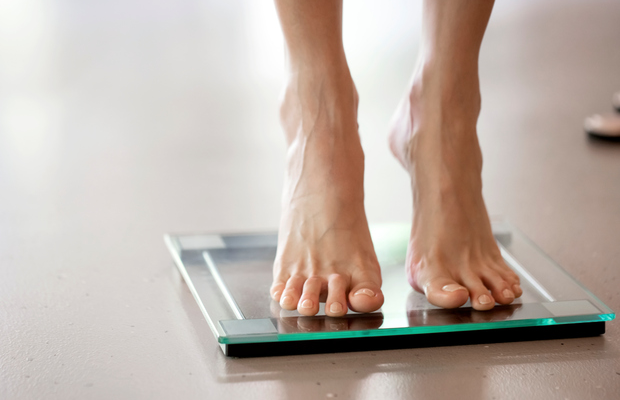
5. Exercise regularly
Regular exercising helps your body burn triglycerides for fuel, which can help reduce liver fat. According to Dr Melissa Palmer, author and practicing hepatologist, following an exercise programme that includes both aerobic exercises (walking, cycling or swimming) and weight training can improve your liver function.
Aerobic exercise helps strengthen your heart muscle, which means it can pump blood more efficiently throughout your body. When this happens, your pulse slows and blood flow improves – it’s easier for your heart to move blood to your liver, and then for your liver to send the filtered blood back into your system.
Building lean muscle mass delays severe muscle wasting, which occurs during the advanced stages of liver disease. Weight training also prevents a build-up of excess body fat, which can cause fatty liver and result in a non-alcoholic steatohepatitis (NASH). The National Institute of Diabetes and Digestive and Kidney Diseases says that although NASH initially presents with only a few symptoms, it can cause your liver to become non-functional.

6. Stay hydrated
Your body needs to remain hydrated. Toxins that affect your kidneys, liver and bowel function will build up when you become dehydrated.
According to Dr Neil-Sherwood, “Dehydration can have a direct effect on our liver’s ability to properly detoxify our body. So as the liver loses hydration, it also loses its organ reserve, or what it uses to take care of the rest of the body.”
Water also helps maintain the fluid content of your blood. When you become dehydrated, your blood becomes thicker – your liver is responsible for filtering blood and the thickness can impact its ability to detoxify.
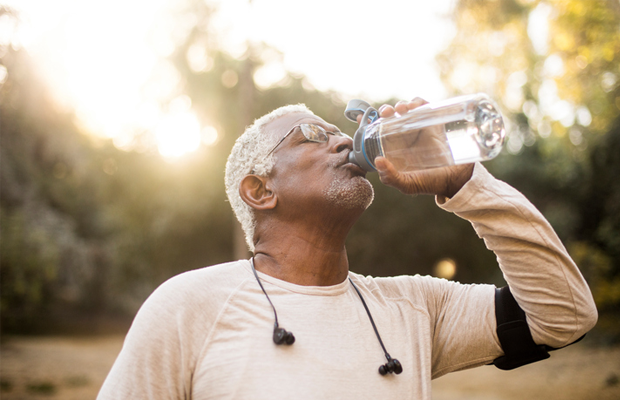
7. Limit your alcohol consumption
Consuming excessive amounts of alcohol can cause damage to your liver cells. Over time, liver damage can cause a build-up of fat in your liver, inflammation or swelling and/or scarring (cirrhosis). If you already have liver disease, even a small amount of alcohol can worsen your condition.
How much is a moderate amount of alcohol? According to a previous Health24 article, women should limit their consumption to one drink per day, while men should only have two. One drink is equal to 148ml of wine, a 355ml beer or one shot (44ml) of an 80-proof liquor.

Image credit: iStock




 Publications
Publications
 Partners
Partners











